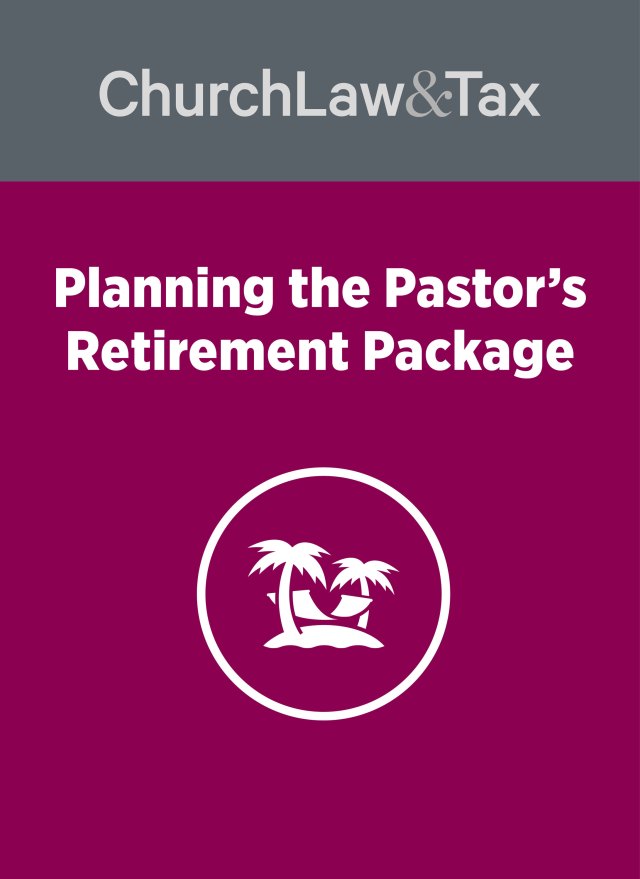Many ministers previously opted out of social security due to financial advice, but should they reconsider? Here’s a guide to help clergy evaluate their clergy tax options.
Key Takeaways:
- Ministers can revoke their social security exemption under specific conditions.
- Eligibility for exemption is based on religious principles, not financial motives.
- Ministers nearing retirement should weigh the benefits of revoking carefully.
Ministers who exempted themselves from social security for financial reasons may reconsider their decision under the provisions of the Tax Reform Act of 1986. Here’s what to know about revoking an exemption and the steps involved.
Why Consider Revoking a Social Security Exemption?
To qualify for a social security exemption, a minister must oppose receiving benefits on religious grounds, not for financial reasons. Congress created the opportunity to revoke exemptions for those who did not meet this criterion. If the initial exemption was improperly claimed, ministers have an ethical obligation to re-enter the system.
Steps to Revoke an Exemption
Ministers can revoke their social security exemption by filing a revised Form 2031 by the deadline. For the Tax Reform Act of 1986, this deadline was April 15, 1988. Though the specific deadline has passed, similar principles may apply to current circumstances, depending on updated legislation.
Important: Ministers will not face penalties for back taxes when revoking their exemption and do not need to justify their decision.
Considerations for Ministers Nearing Retirement
Ministers close to retirement should assess the practicality of revoking their exemption, as eligibility for social security benefits requires at least 10 years (40 quarters) of covered employment. Paying into the system shortly before retirement may result in limited or no benefits.
Example: A minister with fewer than 10 years of covered employment may find revocation financially unwise, as benefits are calculated using the 35 highest years of earnings.
Impact of Secular Employment on Social Security
Ministers with at least 10 years of secular employment retain their social security benefits based on those earnings. However, years of exempt wages as clergy will reduce the overall benefits calculation.
Practical Steps for Ministers Considering Revocation
- Evaluate your eligibility and reasons for exemption.
- Consult with a tax professional or legal advisor.
- File Form 2031 by the applicable deadline.
- Prepare to pay self-employment taxes for the year of revocation.
FAQs About Clergy Taxes
- Can a minister revoke a social security exemption? Yes, by filing the appropriate form within the deadline set by legislation.
- What is the eligibility for a social security exemption? Opposition to benefits must be based on religious principles, not financial concerns.
- How does revocation affect retirement benefits? Ministers must work 10 or more years in covered employment to qualify for benefits.
- Does secular employment impact social security for ministers? Yes, secular earnings count toward benefits, even if clergy income is exempt.
Ministers must weigh their options carefully, considering both their ethical obligations and financial implications. For more information, refer to the Social Security Administration or consult a legal expert specializing in clergy taxes.





